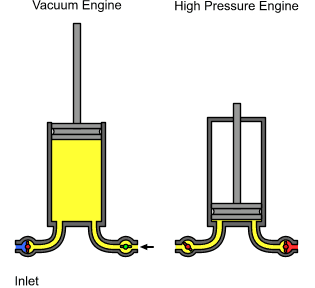
The coming together of transportation and telegraph created shifting and crude foundations of our mechanical world.
![]() Answer this question? Pacey suggests that behavioral and cognitive changes were required by gun deployments.
Answer this question? Pacey suggests that behavioral and cognitive changes were required by gun deployments.
What Pacey contends is profound. Postman asserts that ideas about organization emerged from Francis Thayer, Frederick Winslow Taylor, and George Whistler. A new organization of life was emerging. Pursell argues that William Shipley, Frank Bunker Gilbreth, Sr., and Frederick Winslow Taylor are contributors to the new way of organizing life.
 Pacey argues, that to properly understand the power of tools there is a need to see how human social organization changes -- indeed must change-- to make the most effective use of new technology. The precise behavioral changes depend on the technical facets of the tools involved.
Pacey argues, that to properly understand the power of tools there is a need to see how human social organization changes -- indeed must change-- to make the most effective use of new technology. The precise behavioral changes depend on the technical facets of the tools involved.
![]() Technology associated with textiles changed fashions, but railroads completely reorganized society.
Technology associated with textiles changed fashions, but railroads completely reorganized society.
![]() The steam engine, when adapted to transport and later refrigeration brought mechanical power down to very small scale operations.
The steam engine, when adapted to transport and later refrigeration brought mechanical power down to very small scale operations.
The creative imagination was so revered that the period after the French Revolution was called the "Age of invention" from 1800 to 1900 based on a variety of convergent inventions. These basically new mechanical inventions spawned industrial techniques including transmission of electricity, steam transportation, the graphical revolution, managerial techniques, and a chemical redefinition of matter.
The existing complexity was compounded by a new synergy.
![]() Frederick Winslow Taylor & Henry Ford's stories support or challenge C. P. Snow's argument.
Frederick Winslow Taylor & Henry Ford's stories support or challenge C. P. Snow's argument.
Pursell 5, pp. 188-143. How science and technology are hopelessly confused.
Pursell | Pacey | Pacey's challenge | Postman | Eberhart | Snow | Kaku
